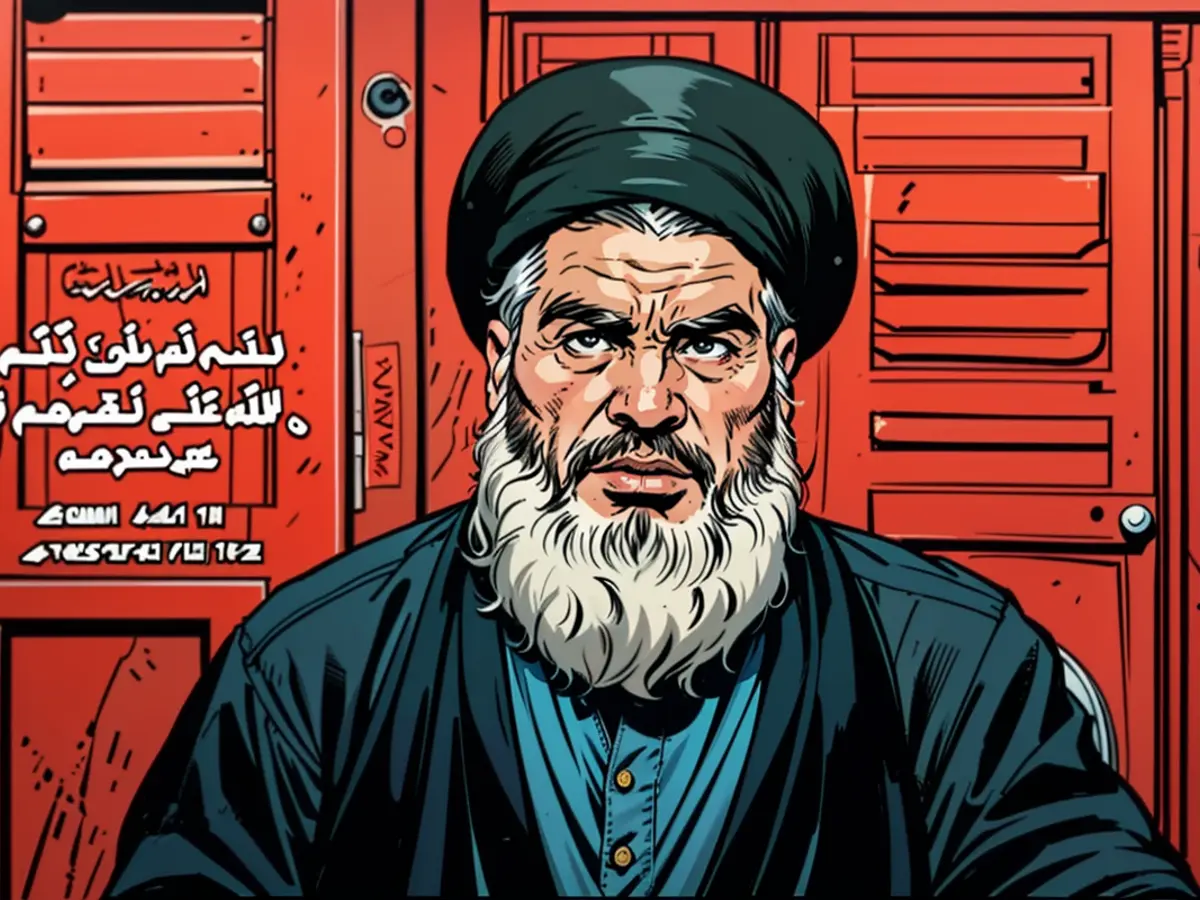Assassinating Nasrallah holds significant value for Israel, yet it's premature to dismiss the influence of Hezbollah.
This incident signifies a significant moment in contemporary Middle Eastern history, yet the long-term implications remain unclear. The question at hand: Do targeted attacks, specifically decapitation strikes, affecting the heads of terrorist organizations indeed dismantle them? The straightforward response is not definitely.
Israel, having its own experiences, can speak to this. In 2008, Israel eliminated Hezbollah's military leader, Imad Mughniyeh, in Damascus, Syria, but the group thrived in the ensuing years.
Four years prior, Israel annihilated a Hamas co-founder, Sheikh Ahmed Yassin, in an airstrike, but the organization did not crumble. Almost two decades later, Hamas still carried out the devastating October 7 attacks in Israel, resulting in the loss of around 1,200 Israeli lives in a single day.
Recently, Israel declared the death of one of the October 7 masterminds, Mohammed Deif, a significant Hamas military commander, yet the militant group persists in its struggle in Gaza.
Similarly, the United States has a history of eliminating terrorist leaders with the hope of incapacitating their enemies. The killing of Abu Musab al-Zarqawi, the leader of al Qaeda in Iraq, in a US bombing raid in 2006 was celebrated as a major triumph since al Qaeda in Iraq was significantly contributing to Iraq's internal strife.
However, al Qaeda in Iraq eventually transformed into ISIS, which seized territory the size of Portugal and oversaw a population of eight million people in Iraq and Syria. ISIS also orchestrated devastating terrorist attacks in the West, such as the 2015 Paris attacks that left 130 people dead.
What ultimately put an end to ISIS's territorial "caliphate" was not the elimination of its leadership but a ground campaign against the terrorist army from 2014 to 2019 carried out by the Iraqi military, Syrian Kurdish forces, thousands of US troops, and substantial American airpower. Mosul, ISIS's second-largest stronghold in Iraq, was heavily damaged during this conflict.
In May 2016, then-President Obama approved a drone strike in Pakistan that killed the overall Taliban leader, Mullah Akhtar Mohammad Mansour. Despite this, today, the Taliban reign over all of Afghanistan.
Former President Trump ordered a strike in Baghdad, Iraq, in early January 2020 that eliminated Qasem Soleimani, the commander of Iran's Islamic Revolutionary Guards Quds Force, who played a vital role in Iran's relationships with its regional proxies such as Hezbollah, Hamas, the Houthis in Yemen, and Shia militias in Iraq.
After Soleimani's demise, Trump asserted, “Soleimani was formulating imminent and perilous attacks on American diplomats and military personnel, but we managed to intercept him and put an end to him.”
However, his death did not lead to a lasting impact on Iran's regional power and aspirations, and Hezbollah, Hamas, and the Houthis in Yemen have continued their assaults on Israeli targets, as Shia militias have persisted in their attacks on American targets in Iraq.
The United States has classed the Taliban, the Houthis, Hamas, ISIS, and Hezbollah as terrorist organizations.
What can impede a terrorist organization?
What can prevent a terrorist organization is a prolonged initiative to eradicate as many of its leaders and middle management as possible. A CIA drone campaign that intensified in 2008 in Pakistan's tribal territories adjacent to Afghanistan killed several al Qaeda leaders, as per New America, a research entity (of which I am vice president).
Documents obtained by the US Navy SEALs that killed Osama bin Laden in his compound in Abbottabad, Pakistan, in 2011 reveal that bin Laden regularly corresponded with his adherents residing in Pakistan's tribal locations, urging them to solely travel on overcast days when drones were less efficient. As a result, bin Laden was planning to evacuate all his followers from the tribal region and relocate them to other regions of Pakistan.
Bin Laden's demise undoubtedly substantially diminished al Qaeda's appeal to terrorists and its ability to orchestrate attacks since he was the one who established the organization, directed its most lethal operations, and his followers had sworn a personal vow of allegiance to him.
Bin Laden's successor, Ayman al-Zawahiri, lacked the charisma or organizational capabilities to revitalize al Qaeda, and Zawahiri himself was eliminated in a US drone strike in Afghanistan two years ago. The UN estimates that there are approximately 400 members of al Qaeda surviving in Afghanistan today.
While al Qaeda is a relatively small terrorist organization, Hezbollah has been in existence for four decades and is supported by Iran, which is a powerful actor in the region and boasts an army of around 30,000 soldiers, armed with a substantial arsenal, including about 150,000 rockets and missiles.
The killing of Nasrallah is a significant prize for Israel as part of its broader offensive against Hezbollah, which intensified earlier this month with its covert action detonating thousands of pagers and walkie-talkies followed by massive airstrikes that targeted infrastructure and other senior leaders.
However, it is too soon to declare the militant group defeated, although it is evidently in disarray. History indicates that it will reorganize and assign other leaders to continue its long-standing struggle against Israel.
Despite Israel's successful elimination of Hezbollah's military leader and Hamas' co-founder, these terrorist organizations persisted and continued their activities. Similarly, the United States' elimination of terrorist leaders often did not lead to the incapacitation of their affiliated organizations, as seen with al Qaeda's transformation into ISIS.
In the case of al Qaeda, the decapitation of its leaders significantly diminished the organization's appeal and ability to orchestrate attacks, but their successor lacked the necessary charisma and organizational capabilities to revitalize the group.








